Insights
Insights From Our Experts
Articles

Patient Assistance for Gene Therapies
EVERSANA’s experts Kevin O’Meara and Skyler Vise recently took the stage at Access USA to discuss patient services solutions for patient assistance programs (PAPs) supporting cell and gene therapies. During the session, the experts explore how…
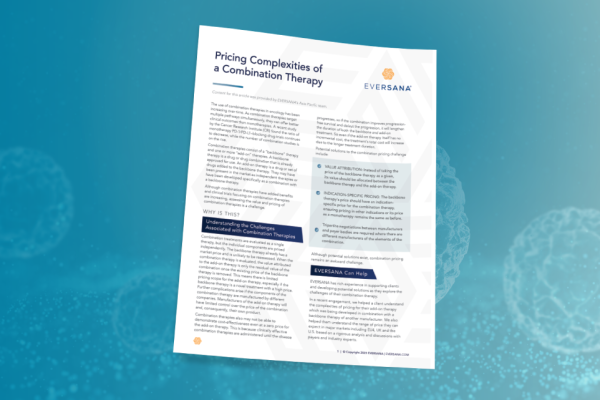
Pricing Complexities of a Combination Therapy
This article, authored by EVERSANA’s Asia Pacific team, discusses the increasing use of combination therapies in oncology and the challenges associated with pricing them. Combination therapies, which involve a backbone therapy and one or more add-on therapies,…

The IDeaS Initiative: Pilot Study to Assess the Impact of Rare Diseases on Patients and Healthcare Systems
When combined, rare diseases (RD) are not actually rare, as they collectively affect around 25–30 million people in the United States (US) and more than 300 million people worldwide. RD represent a diverse spectrum of more…
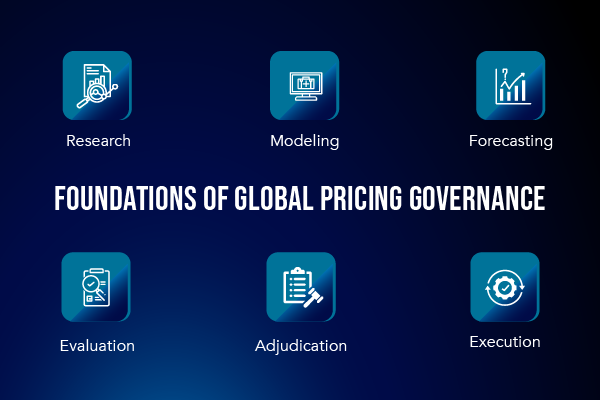
Integrating the Pillars of Global Pricing Governance
How Emerging Trends are Demanding a More Holistic View to Drive Maximum Value As the complexity of investments needed to secure patient access to therapy increases, so does the impact of these investments on a company’s…

Artificial Intelligence and Machine Learning Use in Patient Safety
The next several decades will bring increased use and advancement of technology, particularly with regard to Artificial Intelligence (AI) and Machine Learning (ML) within our personal lives and in the pharmaceutical industry. Generally, the ways…
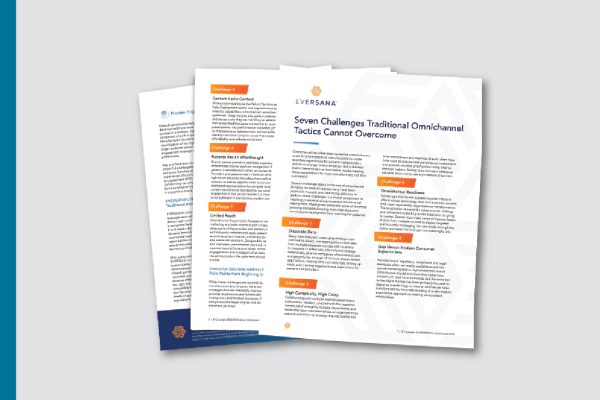
Seven Challenges Traditional Omnichannel Tactics Cannot Overcome
How pharma companies utilize omnichannel is a significant factor in their brand’s success, especially as traditional efforts continue becoming more and more obsolete and rejected by patients and providers. Many manufacturers are facing pivotal decisions about…

The Future of Omnichannel is Here. Don’t Get Left Behind.
The standard for omnichannel continues to evolve whether pharma companies like it or not. A next-gen approach to this crucial component of the patient journey is essential to maximize success and best optimize valuable assets. In…

Create a Comprehensive Experience by Optimizing Forward-thinking Omnichannel Strategies
Deploying successful omnichannel strategies requires manufacturers to evaluate their tactics and ensure they are meeting patients’ and providers’ needs in a modern and effective way. In this article, we lay out a check list of criteria…
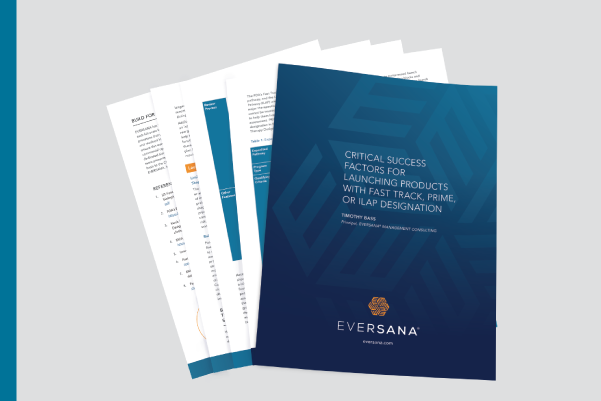
Critical Success Factors for Launching Products with Fast Track, PRIME, or ILAP Designation
Launching Fast Track, PRIME, and ILAP therapies successfully requires careful planning and execution. This white paper provides insights on how to shape the product’s trajectory and control its success. It emphasizes the importance of early planning,…
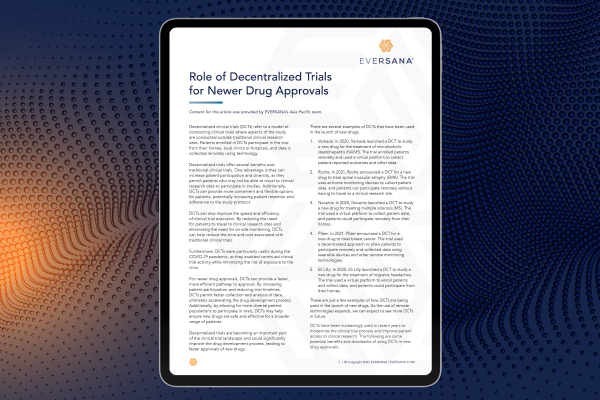
Role of Decentralized Trials for Newer Drug Approvals
Decentralized clinical trials (DCTs) are an innovative approach to conducting clinical research where aspects of the trial are carried out remotely, allowing patients to participate from their homes or local healthcare facilities. DCTs offer several advantages…

